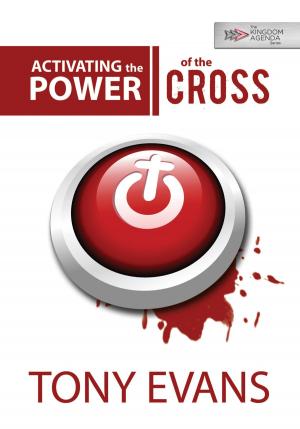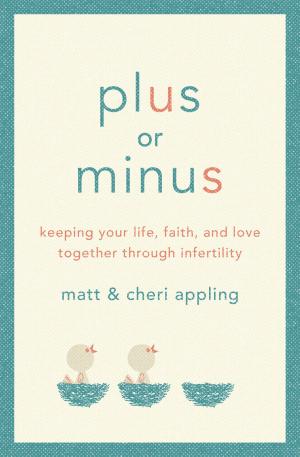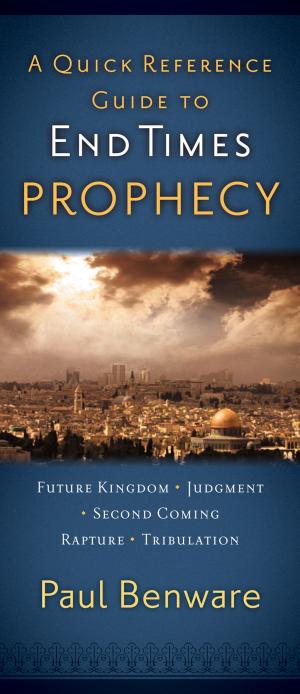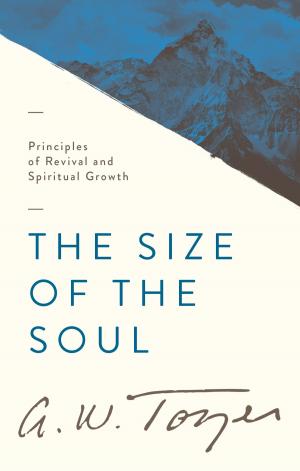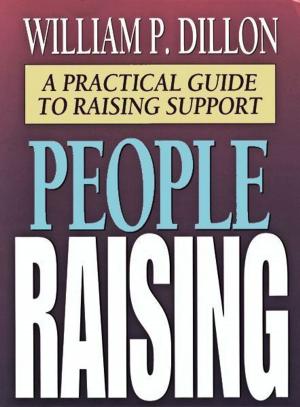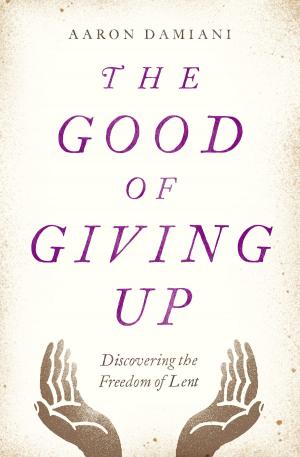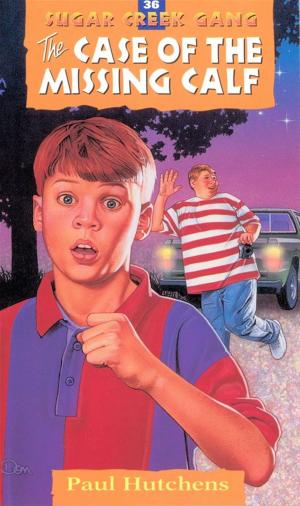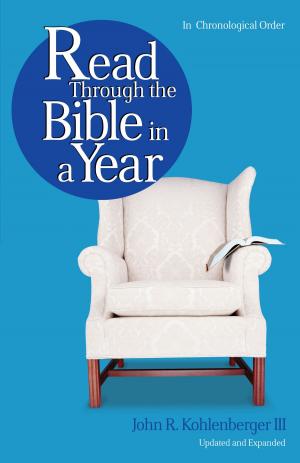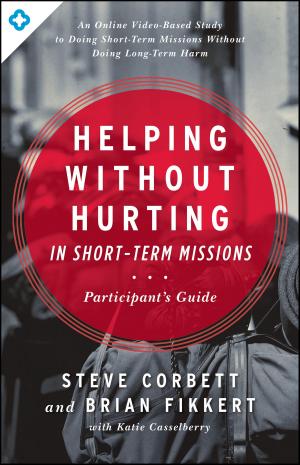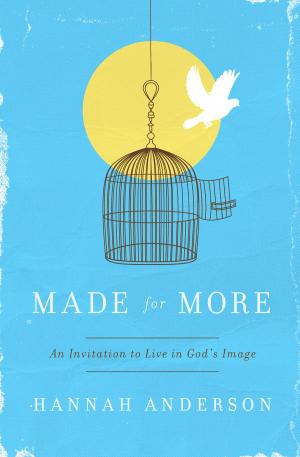| Author: | Erwin Lutzer | ISBN: | 9780802488978 |
| Publisher: | Moody Publishers | Publication: | July 1, 2007 |
| Imprint: | Moody Publishers | Language: | English |
| Author: | Erwin Lutzer |
| ISBN: | 9780802488978 |
| Publisher: | Moody Publishers |
| Publication: | July 1, 2007 |
| Imprint: | Moody Publishers |
| Language: | English |
Imagine walking through a maximum security prison and seeing the cell keys hanging inside the cells. By choosing not to forgive we voluntarily sentence ourselves to diminished pain-filled lives. Why would anyone do such a thing? Because forgiveness seems an inappropriate response to offense. To experience a broken promise betrayed confidence personal rejection false accusation injury or abuse is to be wounded. Such wounds cry out for justice. But what if justice is not possible? Or if it doesn't undo the damage done? What then? In this concise quickly-read volume noted pastor and author Erwin Lutzer carefully illustrates how it is possible to right the wrongs of your life. Whether you've been wronged--or have wronged others--he makes it possible to experience the freedom of forgiveness and the restoration of a clear conscience.
Imagine walking through a maximum security prison and seeing the cell keys hanging inside the cells. By choosing not to forgive we voluntarily sentence ourselves to diminished pain-filled lives. Why would anyone do such a thing? Because forgiveness seems an inappropriate response to offense. To experience a broken promise betrayed confidence personal rejection false accusation injury or abuse is to be wounded. Such wounds cry out for justice. But what if justice is not possible? Or if it doesn't undo the damage done? What then? In this concise quickly-read volume noted pastor and author Erwin Lutzer carefully illustrates how it is possible to right the wrongs of your life. Whether you've been wronged--or have wronged others--he makes it possible to experience the freedom of forgiveness and the restoration of a clear conscience.



